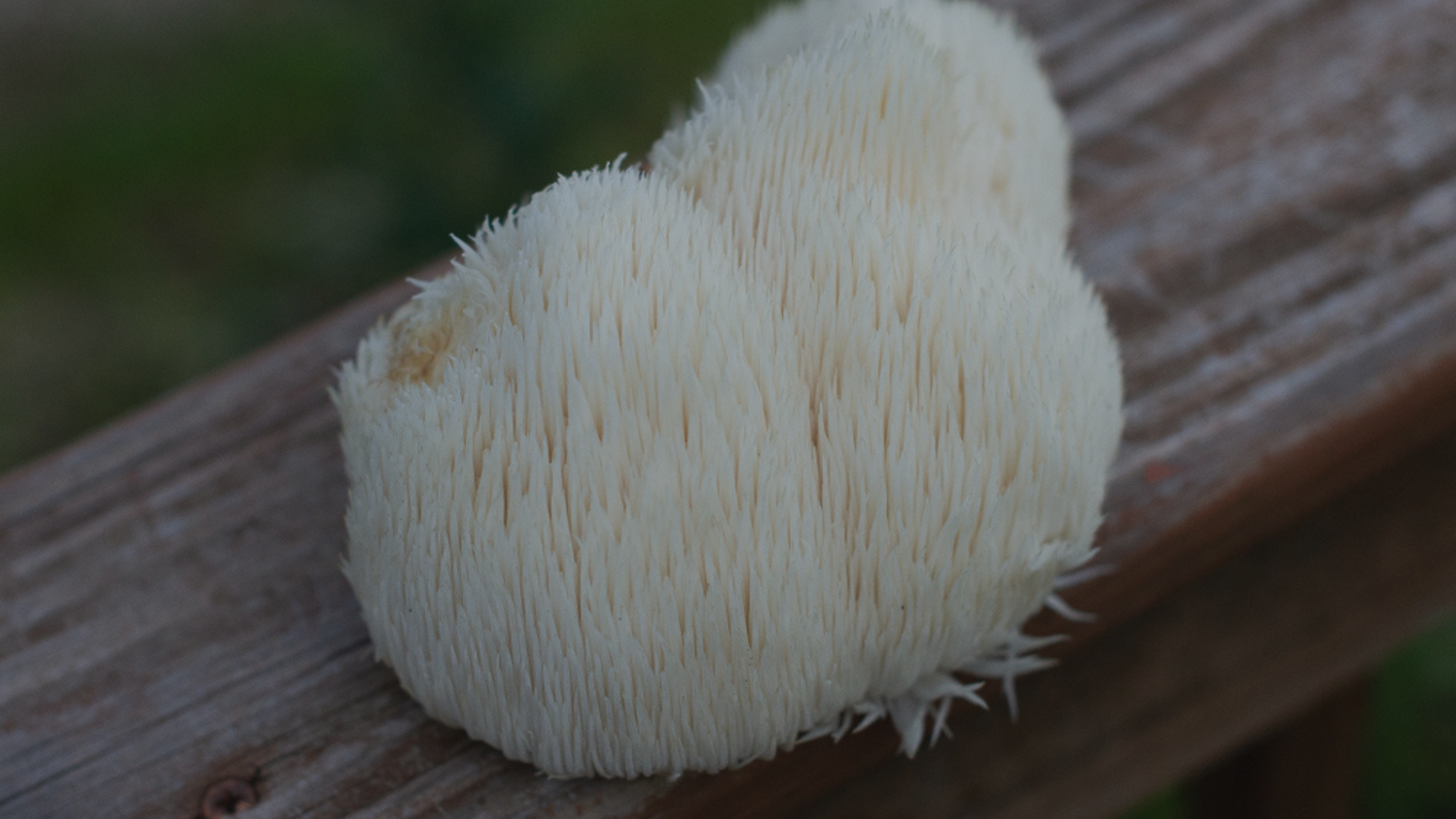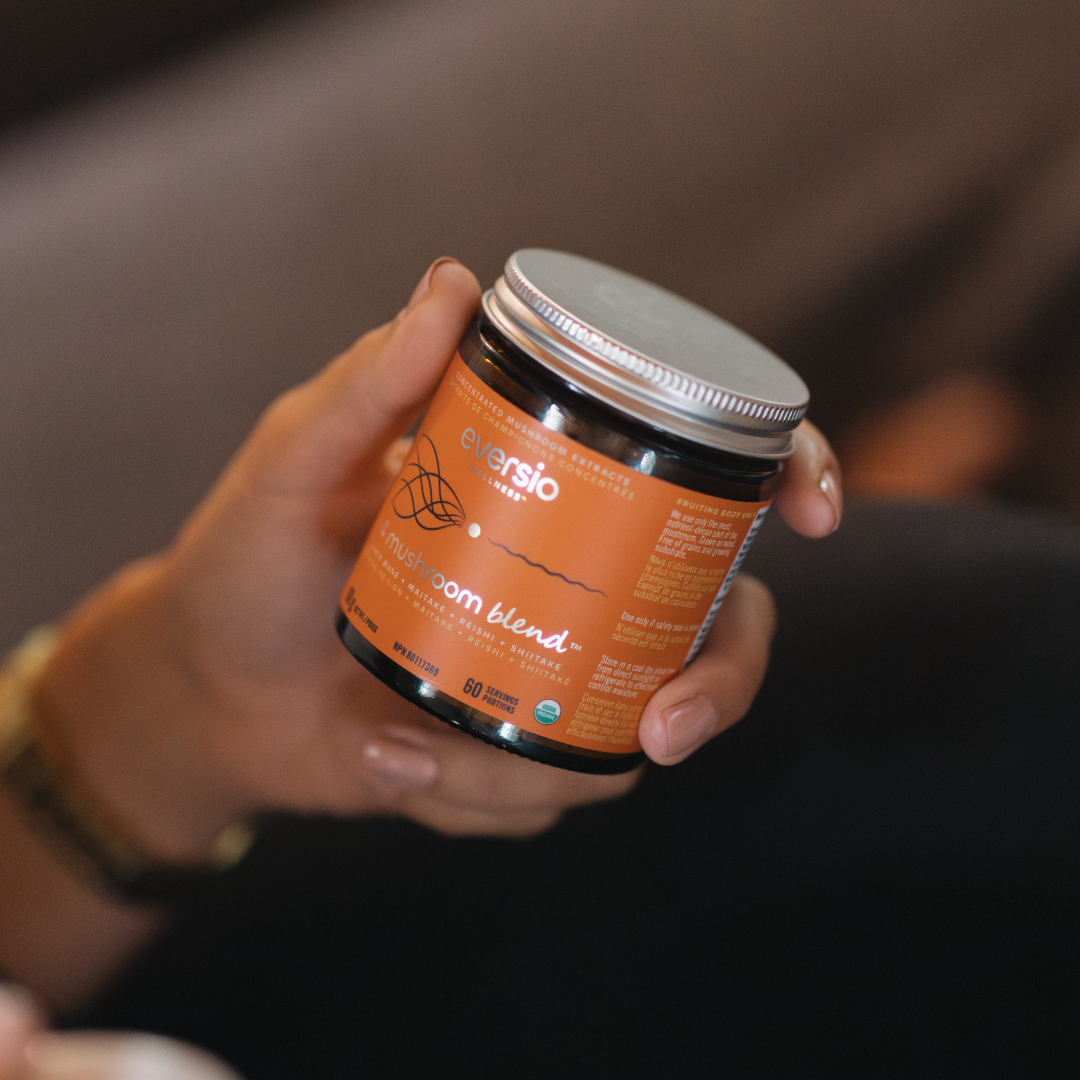If you are like me, these last couple of years have been a blur. When people reference things that happened in the recent past, I can’t seem to remember anything. Not sure if I blocked it out or if the stresses of school and dealing with the pandemic have really taken a toll on my cognition.
Our brains are made up of grey matter, which are the cell bodies of the neurons that allow us to process things, while white matter consists of the myelin sheath that covers the axon of the neurons that enable communication between neurons. When we are chronically stressed and anxious, our body is constantly in fight or flight mode, resulting in a change in the structure of our brain. Myelin-producing cells are continually produced compared to neurons. This increase in myelin can affect communication within the brain, especially in our hippocampus which is associated with memory, learning, and emotion[i].
Let’s think about that for a second. High stress can result in impaired memory and management of emotions. Doesn’t that sound like what is currently happening all around the world? Many people are suffering from the exuberant stresses that this pandemic has placed on them resulting in higher numbers of mental health cases. Anxiety and depression, though they may not be clinically diagnosed, are at an all-time high and there isn’t much that we can do because we are still trying to beat this thing.
The absolute best thing that I’ve done during this pandemic is support myself with a slew of culinary and supplemental medicines. There are so many wonderful herbs that have an affinity for the brain, including rosemary (Rosmarinus officinalis) and ginkgo (Ginkgo biloba). However, my all-time favourite is my Lion’s Mane mushroom (Hericium erinaceus). Lion’s Mane contains the constituents hericenones and erinacines, which are compounds that promote nerve growth factor (NGF), a protein that can cross the blood-brain barrier which, according to Obara and Nakahata (2002) result in “neuronal differentiation, promotion of neuronal survival, and regeneration”[ii]. This mushroom is so good at stimulating the regenesis of brain cells that it is being looked into as a treatment option for Alzheimer’s disease, a common cause of senile dementia, thanks to its ability to increase cognition, learning, and memory.
While I love herbs and mushrooms, another way to decrease stress and anxiety is connecting with friends and loved ones. While I admit it is hard right now, don’t forget to reach out when things get hard. Connection is key, whether that is to people, pets, plants, or even the Earth!
Disclaimer: while herbs and plants are readily available to consume, please consult with your Naturopathic physician, Medical doctor, or licenced herbalist before taking any of the mentioned herbs medicinally as there can be interactions with medications as well as contraindications that may result in harm. If you or a loved one is suffering from a mental disorder, contact the Call 310-Mental Health at 310-6789 (no area code needed) anytime day or night.
By Angeli Santos -- BA Psyc and 4th Year Student of Naturopathic Medicine, CCNM-Boucher
[i] Chetty S, Friedman AR, Taravosh-Lahn K, Kirby ED, Mirescu C, Guo F, Krupik D, Nicholas A, Geraghty A, Krishnamurthy A, Tsai MK, Covarrubias D, Wong A, Francis D, Sapolsky RM, Palmer TD, Pleasure D, Kaufer D. Stress and glucocorticoids promote oligodendrogenesis in the adult hippocampus. Mol Psychiatry. 2014;19(12):1275-1283. doi:10.1038/mp.2013.190
[ii] Obara Y and Nakahata N (2002) The signaling pathway of neurotrophic factor biosynthesis. Drug News Perspect 15, 290-298
Bing-Ji Ma, Jin-Wen Shen, Hai-You Yu, Yuan Ruan, Ting-Ting Wu & Xu Zhao (2010)Hericenones and erinacines: stimulators of nerve growth factor (NGF) biosynthesis in Hericium erinaceus, Mycology, 1:2, 92-98, DOI: 10.1080/21501201003735556




















Leave a comment
All comments are moderated before being published.
This site is protected by hCaptcha and the hCaptcha Privacy Policy and Terms of Service apply.